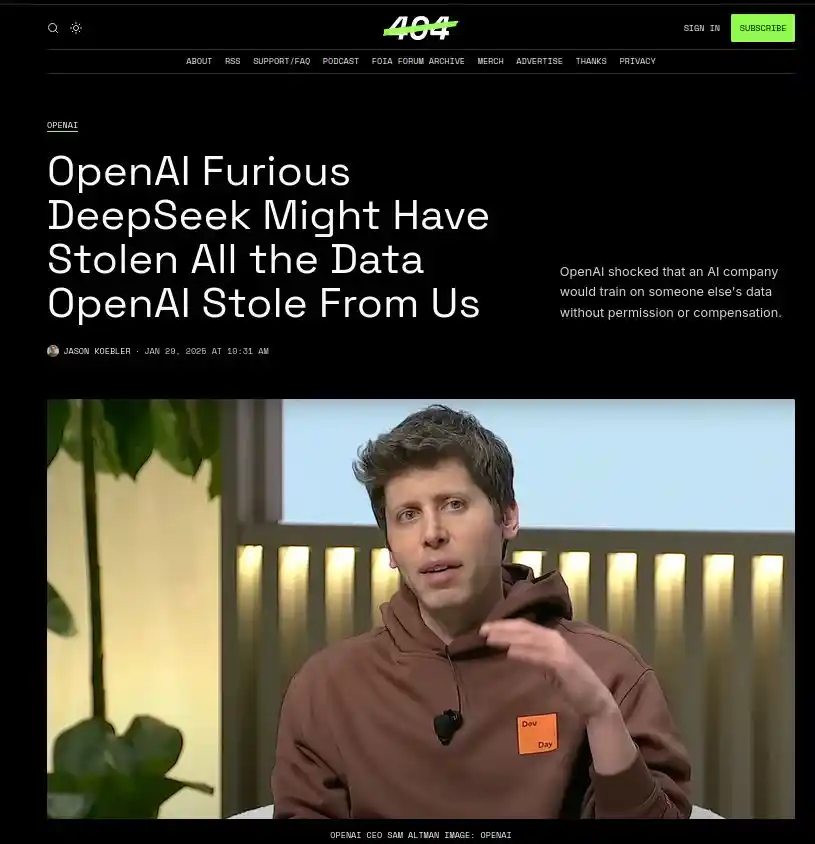Partnership—aka living together—can be challenging, but it also opens the door to step up and lead by example.
- Don’t take it personally if your partner is mad at you. It could be they feel unsupported, overwhelmed, or just tired.
- Don’t respond in anger or with resentment if your partner yells at you. Stay calm and see how your help or support can improve the situation.
- Don’t try to convince your partner at a bad time, like when they’re in a rush. Maybe they just need some time alone.
- Don’t get mad if your partner can’t decide about simple things. Instead, try taking care of some of their mental load.
- Don’t get mad when your partner makes mistakes, and don’t “remember that” later just to make them feel bad. It’s hurtful.
- Don’t answer right away—listen and acknowledge your own mistakes, even if you want to justify your behavior. Keep those explanations for calmer discussions.
- Keep your harsh words in your head.
- Support your partner when it’s very difficult for you or when you feel like you’re imploding, because that’s how you grow into the partner they need.
